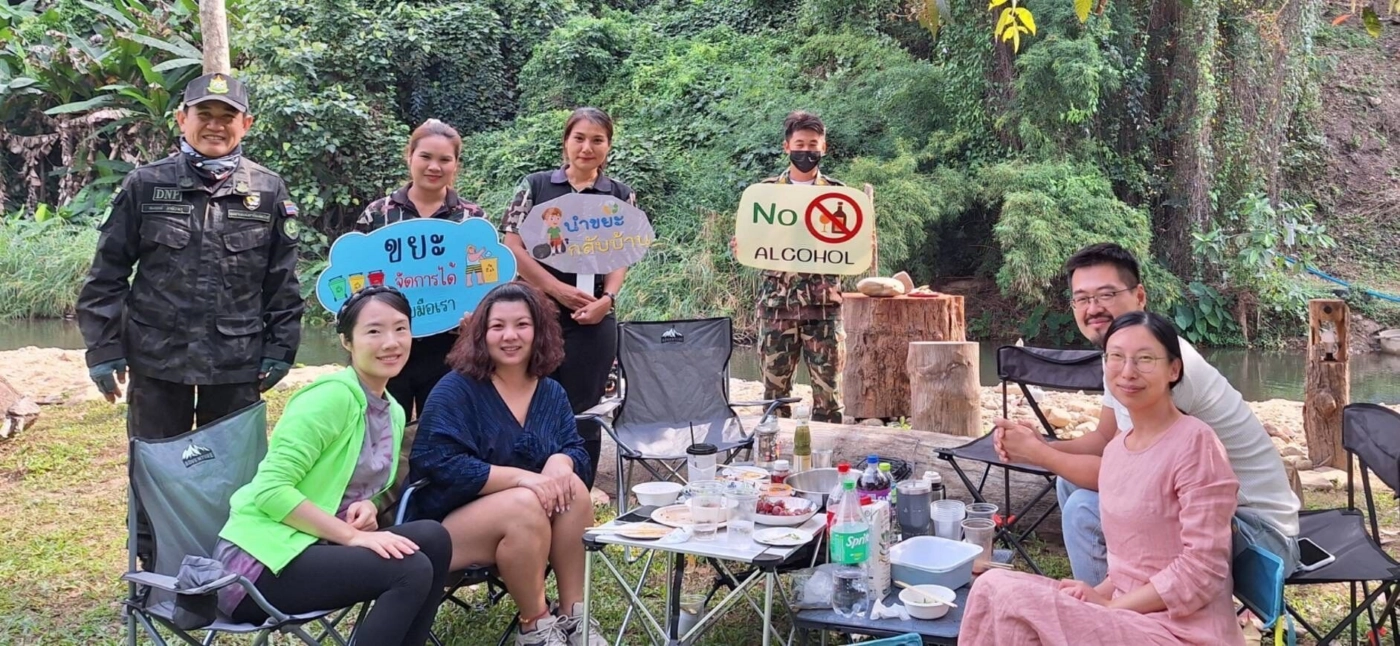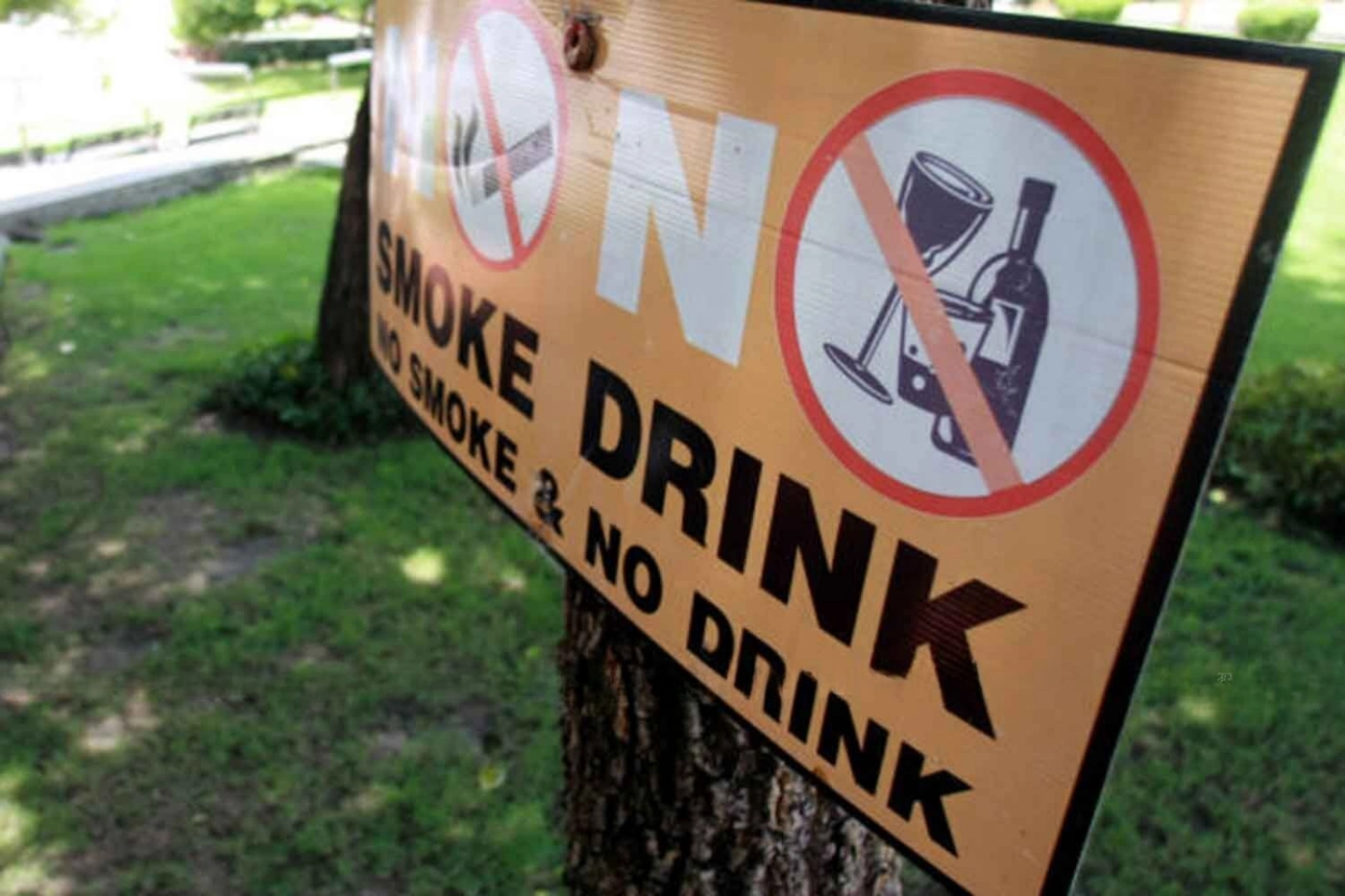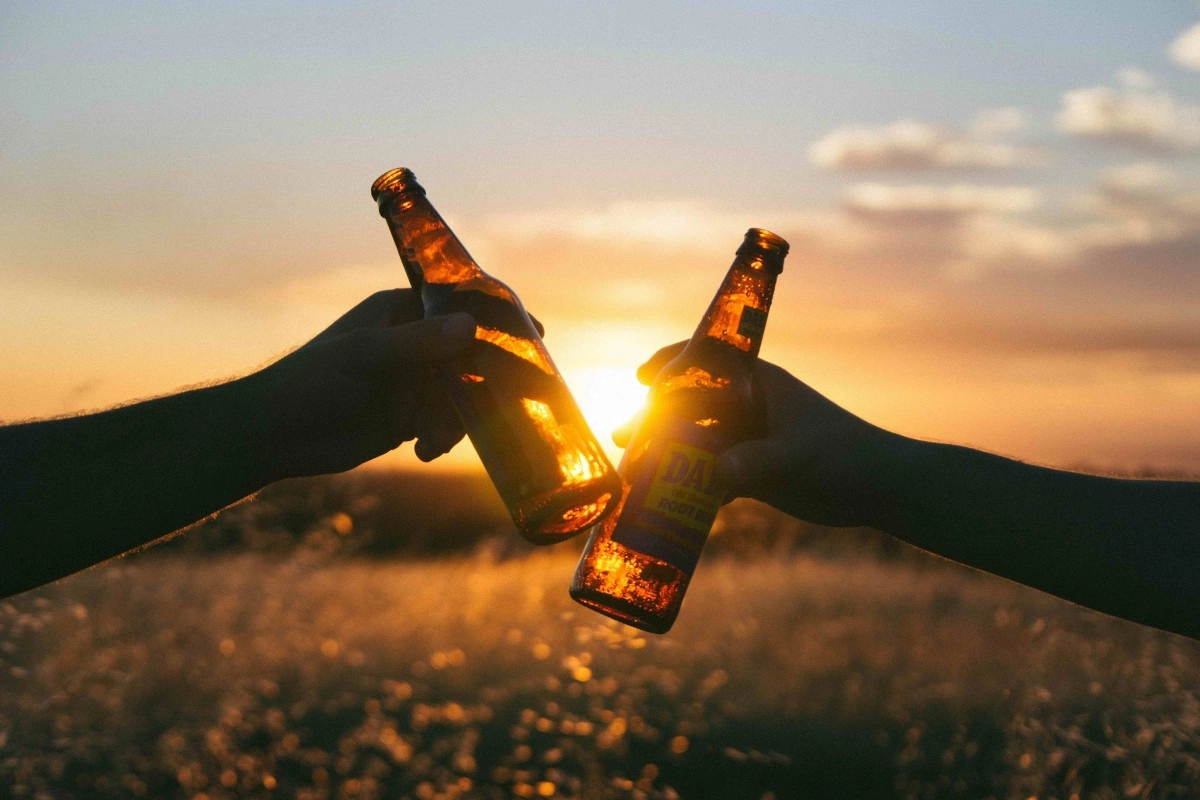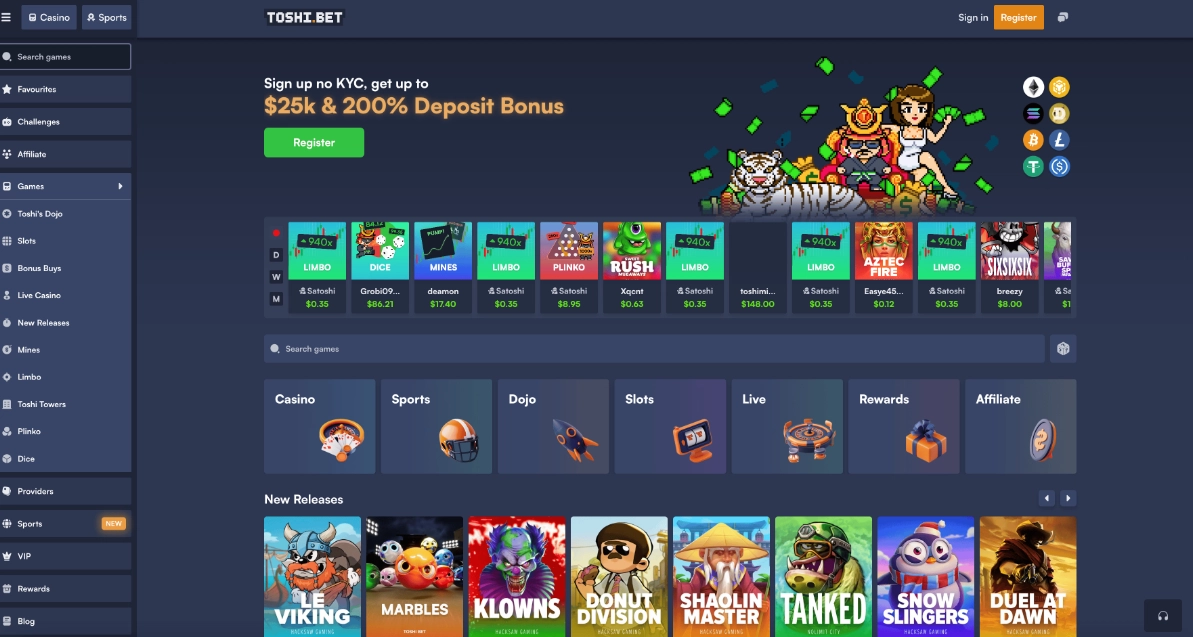Thailand’s National Parks Introduce Booze Zones: A New Era for Outdoor Enjoyment
Thailand’s Department of National Parks, Wildlife and Plant Conservation (DNP) has recently announced a groundbreaking policy change—allowing alcohol consumption in designated “booze zones” within national parks. This shift aims to balance recreational enjoyment with responsible drinking, ensuring a pleasant experience for all visitors.

Thailand’s New Booze Zones in National Parks
The move to permit alcohol in national parks follows extensive public hearings and regulatory revisions. Previously, strict no-alcohol policies were in place to maintain tranquility and safety in these natural havens. With the new rules, controlled alcohol consumption will be possible under strict guidelines.
Why Thailand is Introducing Booze Zones
Several factors have driven this policy shift:
1. Boosting Tourism and Revenue
The Thai government sees this initiative as a way to enhance tourism, particularly among high-spending visitors. By allowing controlled drinking areas, national parks could see increased foot traffic and extended visitor stays, leading to economic growth.
2. Addressing Public Demand
The policy change follows numerous public hearings where tourists and local businesses expressed interest in having regulated alcohol-friendly areas within national parks. This aligns with Thailand’s broader strategy of easing alcohol restrictions to attract more tourists.
3. Preventing Unregulated Alcohol Consumption
Despite previous bans, visitors often brought alcohol into parks illegally. Establishing designated booze zones ensures responsible drinking in controlled settings, reducing littering and disruptive behavior.
Rules and Regulations for Alcohol Consumption in Booze Zones
The DNP has outlined specific regulations to maintain order and safety in these zones.
Permit System for Booze Zones
Obtaining a Drinking Permit
- Visitors must secure a permit from park authorities to consume alcohol in designated areas.
- Permits will specify time limits and behavioral guidelines to prevent disturbances.
Restrictions on Alcohol Sales
- Alcohol will not be freely available; visitors must bring their own drinks within permitted limits.
- Strict checks will ensure that only designated areas host alcohol consumption.
Code of Conduct in Booze Zones
To preserve the natural beauty and serenity of national parks, the following rules will apply:
Noise Control Measures
- Loud music and disruptive activities will be strictly prohibited.
- Violators may face fines or expulsion from the park.
Environmental Responsibility
- Littering, particularly glass bottles and cans, will be heavily penalized.
- Visitors will be required to clean up their areas before leaving.
Safety Precautions in Booze Zones
Given the potential risks of mixing alcohol with outdoor activities, park authorities will implement safety measures, including:
Surveillance and Monitoring
- Park rangers will patrol booze zones to enforce regulations.
- Security cameras may be installed to ensure compliance.
Alcohol Limits
- Strict alcohol quantity limits will be imposed per group.
- Public intoxication will be grounds for immediate removal from the park.
The Impact of Booze Zones on Tourism and Local Economy
Economic Benefits
The introduction of booze zones is expected to provide a significant boost to Thailand’s tourism-driven economy.
Increased Tourist Spending
- The move is projected to contribute to a 100-billion-baht tourism revenue boost.
- High-spending visitors may extend their stays in national parks, increasing local business profits.
Job Creation and Business Growth
- National parks may see increased demand for guided tours, accommodations, and food services.
- Local businesses supplying alcohol-related products could benefit from increased sales.
Public and Government Reactions
The policy shift has received mixed reactions from different sectors.
Support from the Hospitality Sector
- Tourism operators and hospitality businesses view the new regulations as an opportunity to attract international travelers.
- Business owners anticipate higher demand for park-related services.
Concerns from Environmentalists
- Conservation groups worry about the potential negative impact on wildlife and ecosystems.
- Calls for stricter monitoring and enforcement have been made to prevent environmental degradation.
Future of Alcohol Regulations in Thailand’s National Parks
Potential Expansion of Booze Zones
Given the policy’s economic potential, discussions are underway to expand booze zones to more national parks. Factors influencing future expansion include:
Success of Initial Implementation
- If the pilot program demonstrates responsible alcohol consumption, authorities may approve further booze zones.
- Positive feedback from tourists and local communities will play a crucial role.
Stricter Environmental Safeguards
- Additional sustainability measures may be introduced to balance recreation with conservation efforts.
- Regulations could be adjusted based on environmental impact assessments.
Comparison with Global Tourism Trends
Thailand’s new approach aligns with global trends in leisure tourism. Countries such as Australia and Canada have successfully implemented designated drinking areas in natural parks, proving that responsible alcohol consumption can coexist with nature conservation.
Conclusion
Thailand’s decision to introduce booze zones in national parks represents a strategic shift to boost tourism while ensuring responsible drinking practices. With strict regulations in place, the policy aims to balance enjoyment with environmental protection. As implementation progresses, Thailand’s national parks may become even more attractive destinations for tourists seeking both relaxation and adventure.
See more articles
Slots Bonus: โอกาสในการรับรางวัลใหญ่เมื่อเล่นเกมสล็อต











